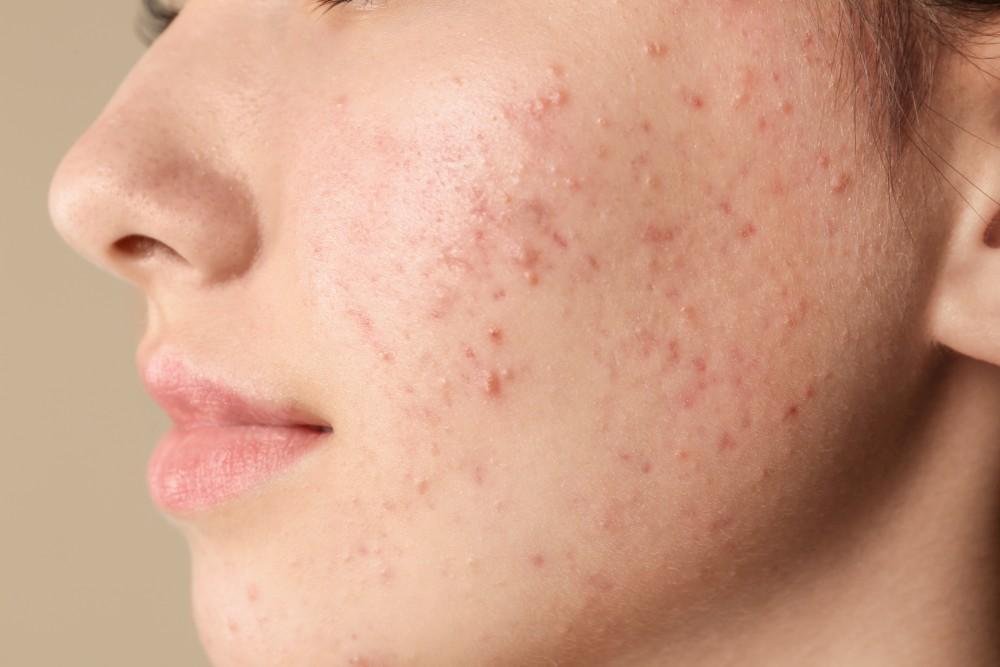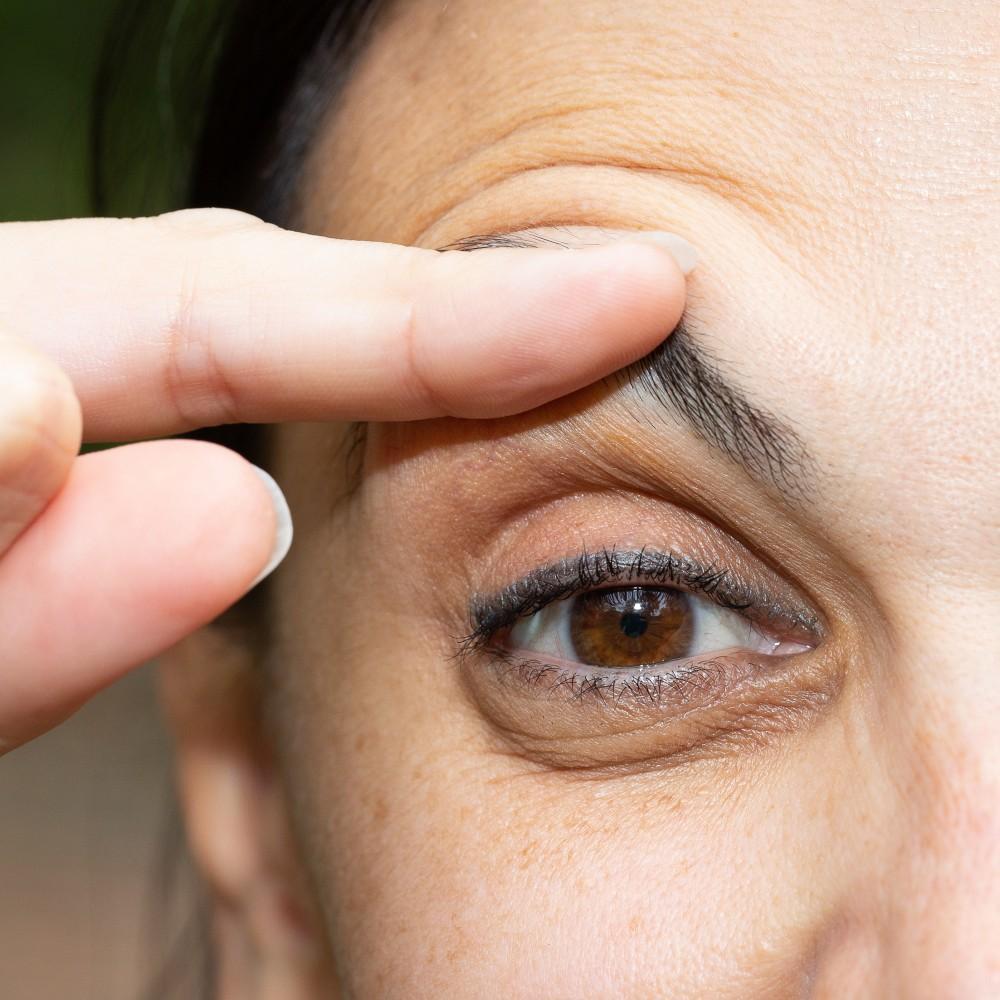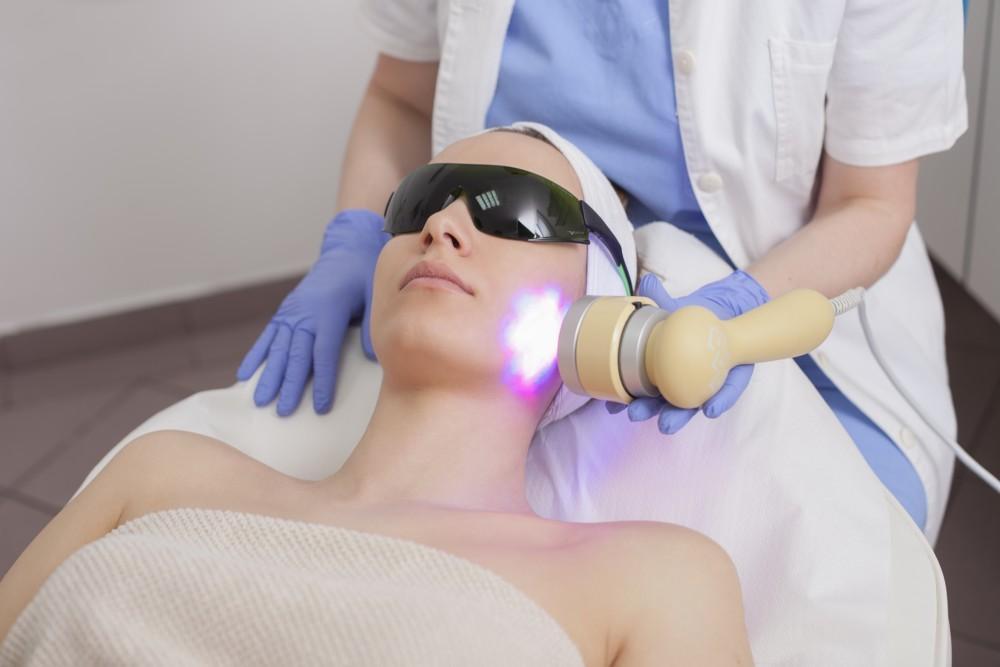
5 Common Eczema Triggers

As our first line of protection from the elements, our skin can take a beating. Bug bites, sunburns, and more can cause everything from itchiness to redness. However, if you're experiencing these symptoms without an obvious cause, you may be suffering from eczema.
Here at Plateroti Dermatology in Templeton, California, Dr. Carmelo Plateroti and our top-notch team use the latest innovations of Western medicine along with successful holistic practices in an integrative approach. Whether you're looking to treat a dermatologic issue like eczema or refresh your appearance with one of our many aesthetic treatment options, we can help.
Eczema
Eczema is a chronic ailment that can result in skin that is red, itchy, dry, and inflamed. It affects about one third of Americans and includes a number of different types, including atopic dermatitis, contact dermatitis, seborrheic dermatitis, and more.
Though the exact cause is unknown, experts believe it involves an overactive immune system that gets triggered by certain exposures and leads to inflammation and accompanying symptoms.
Common triggers
Dry skin
If skin gets too dry, the chance of an eczema flare increases. It can also make the skin feel itchier, which encourages scratching and additional irritation.
Irritants
A wide range of irritants can also trigger a flare. The list is long and includes everything from everyday products like soaps, laundry detergents, and fragrances to cigarette smoke, metals like nickel, and more.
Weather
Many types of weather — and even simple weather changes — can trigger a bout with eczema. Cold temperatures can cause dry skin while hot and humid weather can result in extra perspiration, which may be irritating.
Foods
Food allergies can trigger problems with well-known culprits, including milk, wheat, eggs, and peanuts. For some people, certain ingredients like sugar, refined carbohydrates, and gluten may also cause an issue.
Stress
Cortisol, a hormone released by the body in stressful situations, can create problems with the immune system and result in the skin becoming inflamed. One particular subtype of eczema, dyshidrotic eczema, is especially likely to be triggered by stress.
Treatment
Treatment is typically highly personalized as it involves identifying a person's unique triggers and then working on ways to avoid them as much as possible. When flares do occur, suggestions for relief may include topical creams, undergoing UV light exposure in small doses during phototherapy, or using an immunosuppressant or biologic medication depending on the individual. Natural treatments like lukewarm or bleach baths and moisturizing thoroughly may also help.
If you're suffering from red, itchy, irritated skin, click our request appointment button today, or call us at 805-434-2526 to let us help you determine your triggers and determine which eczema treatment is right for you.
You Might Also Enjoy...


Hasta La Vista, Double Chin! I'm Getting Kybella

Photodynamic Therapy (PDT): Your Speedy Solution to Adult Acne

Surgery Isn't the Only Solution for Saggy Eyelids. Try Upneeq® for a Noninvasive Lift

Pre-and Post-IPL Procedure Guidelines to Get the Most from Your Treatment

